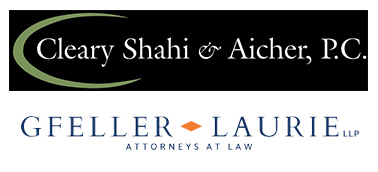February
2017
Massachusetts Supreme Judicial Court Holds that Amounts to be Trebled under Unfair and Deceptive Settlement Practices Statutes Do Not Include Post-Judgment Interest
In Anderson v. Nat’l Union Fire Ins. Co. of Pittsburgh PA, No. SJC-12108, 2017 WL 445244 (Mass. Feb. 2, 2017), the Massachusetts Supreme Judicial Court held that post-judgment interest is not to be included in calculating treble damages awarded against insurance companies that are found to have engaged in unfair and deceptive settlement practices. The Anderson family, plaintiffs in the underlying case, filed a personal injury action after their daughter was struck by a bus owned and operated by Partners, Inc. The court awarded the family nearly $3 million in damages. In a separate action against Partner’s insurers, a second court found that the insurers had violated Massachusetts statutes G. L. c. 176D and G. L. c 93A, which authorize treble damages for willful or knowing misconduct in the course of settlement practices. The court calculated the treble damages by tripling the underlying tort judgment combined with the accrued post-judgment interest.
The Massachusetts Supreme Judicial Court held that the lower court was incorrect in including the trebling of post-judgment interest. The statute authorizes the “actual damages” in the underlying claim to be doubled or trebled if an insurance company engaged in willful or knowing unfair settlement practices. The court considered the difference between pre- and post-judgment interest. It found that prejudgment interest is an integral component of compensatory damages, and therefore part of the plaintiff’s actual damages. Moreover, the statute expressly states that the actual damages to be multiplied by the court are the “amount of the judgment,” which includes pre-judgment interest. In contrast, post-judgment interest is not an element of compensatory damages and is not referred to in the statute. In reaching its holding, the court rejected the argument that it was necessary to include post-judgment interest in the trebled amount in order to protect plaintiffs against bad faith appeals by insurance companies.






